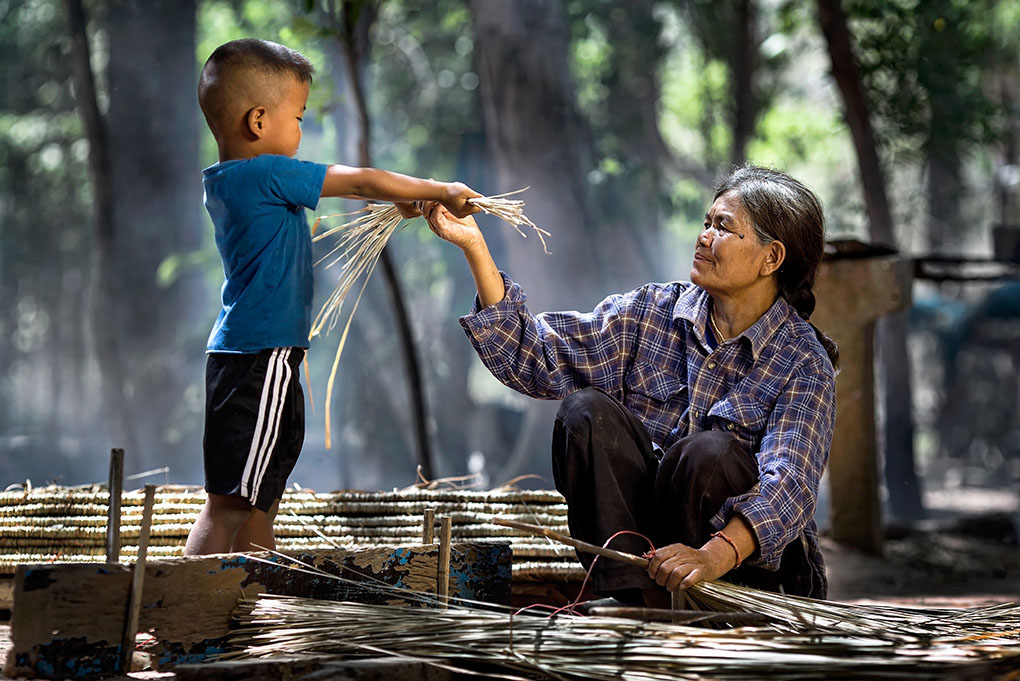Food and nutrition security, enhanced resilience
The project "Multisectoral Food and Nutrition Security in Cambodia" was part of the German Government’s global One World – No Hunger Initiative and its “Food and Nutrition Security, Enhanced Resilience Programme” which promoted multi-sectoral and multi-level approaches in 11 partner countries. The country-specific package Cambodia comprised three fields of activity in the areas of health and agriculture:
- Improving the quality of nutrition services in the health sector,
- Diversifying nutrition and food production, and raising awareness of food and nutrition and basic hygiene, and
- Embedding successful approaches at national and regional level. The goal was to improve the nutritional situation of nutritionally vulnerable people, especially women in reproductive age and infants. 25,000 women and their families were expected to directly benefit from the project measures.
The project was implemented in the two provinces of Kampot and Kampong Thom, in close cooperation with the GIZ project “Improving maternal and newborn care”. The national project partner was the Council for Agricultural and Rural Development (CARD) under the Council of Ministers of the Government of Cambodia. Key implementation partners were government services at provincial, district and community level as well as local NGOs. The main GFA subcontractors were the "Reproductive and Child Health Alliance (RACHA)", one of the largest Cambodian NGOs with many years of experience in nutrition and health projects, and Action Against Hunger, an international NGO with broad experience in hygiene and nutrition projects.
To capture the nutrient adequacy, the project measured, among other things, whether the Individual Dietary Diversity Score (IDDS) of the target group had improved and the proportion of children 6-23 months of age, who received a Minimum Acceptable Diet (MAD). Furthermore, a nutrition baseline survey, conducted in March 2016, entailed a demographic and socio-economic household survey, information on breastfeeding and child care, the Household Food Insecurity Experience Scale (HFIES) and the food consumption of women to determine the IDDS-W and the Minimum Dietary Diversity (MDD-W).







